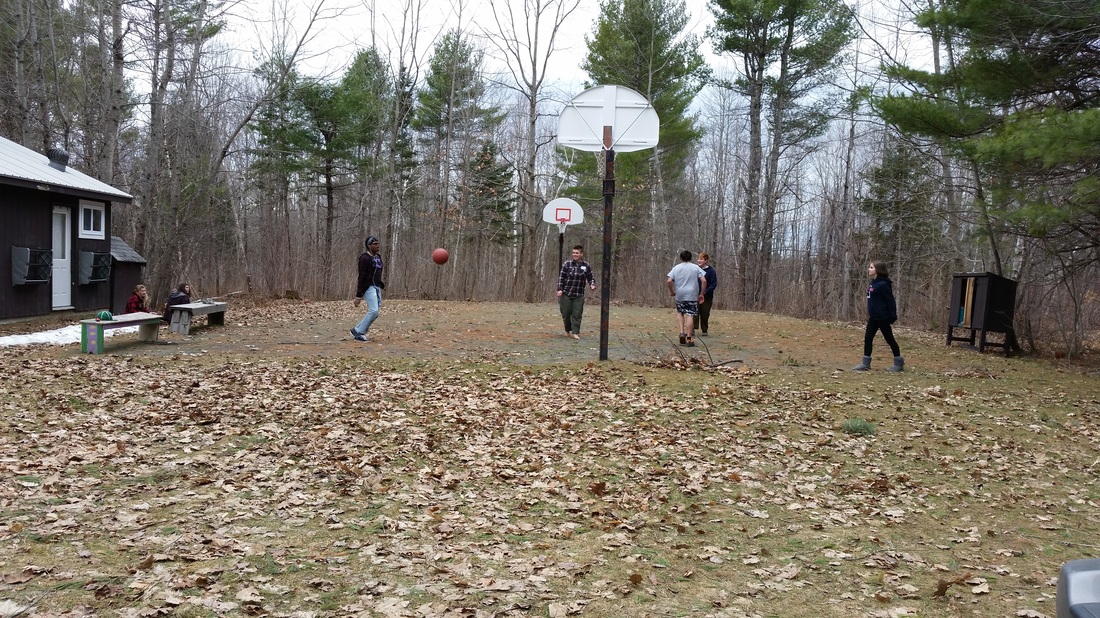The Youth Activism Gathering is a yearly, youth organized, youth centered gathering. It is dedicated to providing an affirming and supportive environment in which participants are given the space to explore issues and topics important to them. We share tools to help us be active organizers within our communities. YAG is dedicated to being an affirming and supportive space for all people, regardless of race, gender, age, physical abilities, sex, sexuality, religion, body-type, ethnicity, nationality, economic status, housing status, or sociopolitical background.
We recognize that our various privileges can get in the way of fostering open and engaging communities and events, and for this reason we ask people to agree to our Shared Spaces Agreement. Here it is:
The YAG is a space in which we both try to organize for the world we would like to live in and model ways of interacting that we’d like to see in that world. Conflicts will always arise in groups of people, many of those conflicts are a result of learning how to interact in violent and oppressive ways from the very culture we’re trying to change.
We acknowledge that there are specific forms of oppression, in the form of institutional discrimination and violence, woven into our society that target people based on their race, sex, class, age, gender identity, gender expression, religion, survivor status, physical or mental abilities, immigration status, and other identities. Between individuals, these oppressions can take the form of harassment, exclusion, unwelcome questioning about someone’s identity (i.e. “what are you?”) and violence.
If you feel that you have been a target of any of these types of oppression in your life, the YAG is a space where you are encouraged to listen to and share those experiences, in order to build solidarity and empathy with other attendees.
We also acknowledge the widespread occurrence of boundary violations in the form of physical and sexual violence, abuse, and sexual harassment. Because these behaviors are so normalized in the society we live in, it is often difficult for people to know what counts as violence, harassment, or assault and if they have experienced them. A basic guideline for avoiding violating others’ boundaries is –
“yes” means yes
“no” / “maybe” / silence mean no
To learn more about boundaries and consent, please attend our Consent 101 workshop.
At the YAG we hope that, as idealistic and well intentioned people, we will be able to work through conflicts that come up within the gathering. However, the YAG is a very short event, and we don’t have the capacity to host a long-term community conflict resolution process.
If you feel that you have been assaulted, abused, targeted by oppressive behavior, or are in emotional or physical danger caused by someone else at the YAG, you should feel free to speak to that person about the harm they have caused- however, if that feels unsafe, please talk to an organizer in order to find a resolution to the conflict.
If there is no immediate resolution to the conflict that leaves you feeling safe and comfortable at the YAG, you and/or the organizers may ask that person to leave.
We trust in the good faith of everyone attending the YAG, and that this policy will not be used to single out or harass people. These issues affect us all, regardless of our status, and we encourage you to discuss them with each other along with organizers and workshop presenters if you have any questions. We hope that these discussions are ongoing ones that can be used as a tool to create safer spaces not only here at the YAG, but wherever and whenever they are needed.
###
We will also have Community Nurturers in attendance to help maintain a safer environemnent.
- Community Nurturers (CNs) should:
- Check emotions in a room
- Turn the bullet points below into posters, pamphlets, and graphics or other media. Make available in shared spaces
- Converse with all members to improve space
- Be welcoming, nurturing, and responsive
- Check in with anyone isolating or appearing troubled
- Ensure community members' needs for space and disengagement are respected
- During and/or after an event, provide conflict mediation or address concerns
- Prep to do emotional labor during an event for any members in need. Meet up, in confidential check-ins with other CNs, to help each other process any triggers or difficulties this causes
- Respond immediately when alerted to problematic behavior

